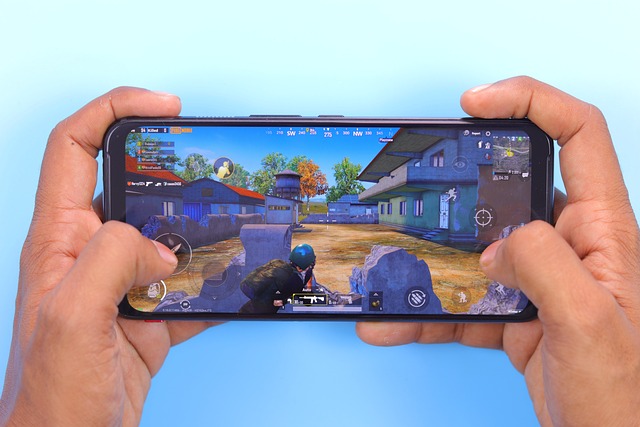Mobile Marketing: A Digital Powerhouse in an Interconnected World
In today’s technology-driven world, mobile phones have become an indispensable part of our lives. They connect us to information, entertainment, and communication like never before, making mobile marketing an essential tool for businesses looking to reach their target audience.
Historical Roots and Evolution
The concept of mobile marketing emerged in the early 2000s with the advent of SMS (Short Message Service). Initially used for text messaging, SMS quickly evolved into a platform for marketing campaigns, such as appointment reminders and product promotions. The subsequent rise of smartphones with advanced capabilities further fueled the growth of mobile marketing, allowing for interactive content, push notifications, and location-based targeting.
Current Trends and Innovations
The mobile marketing landscape is constantly evolving, with new trends and innovations emerging all the time. Here are a few to watch:
- Artificial Intelligence (AI): AI-powered tools automate tasks, personalize campaigns, and analyze data for better targeting.
- Augmented Reality (AR): AR technology creates interactive experiences that enhance customer engagement.
- Chatbots: Chatbots provide automated customer support and engage in personalized conversations.
- Proximity Marketing: Leveraging Bluetooth or Wi-Fi, businesses can target customers based on their physical location.
- 5G Technology: Faster internet speeds enable seamless streaming, video marketing, and data-intensive applications.
Challenges and Solutions
Mobile marketing also faces its share of challenges:
- Privacy Concerns: Users are increasingly concerned about data privacy, necessitating transparent and ethical data collection practices.
- Fragmented Devices: The variety of mobile devices and operating systems requires tailored campaigns and consistent user experiences.
- Limited Screen Space: Mobile screens have limited space, requiring concise and engaging content.
Solutions to these challenges include:
- Obtaining User Consent: Clearly communicate privacy policies and obtain explicit user consent for data collection.
- Device Agnostic Design: Optimize campaigns for different devices and screen sizes.
- Concise and Impactful Content: Craft short, compelling messages that convey key information instantly.
Case Studies and Real-World Examples
Plano, a thriving city in Texas, has made significant contributions to the mobile marketing industry:
- T-Mobile’s Innovation Lab: T-Mobile’s lab in Plano fosters cutting-edge mobile technology developments.
- Attensity’s AI Platform: Plano-based Attensity provides an AI-powered platform that analyzes customer feedback for actionable insights.
- Mobile Marketing Summit: Plano hosts an annual summit that brings together industry leaders to discuss mobile marketing trends.
Best Practices for Effective Mobile Marketing
To maximize the effectiveness of mobile marketing campaigns, consider these best practices:
- Define Clear Goals: Establish specific objectives before launching a campaign.
- Understand Your Target Audience: Tailor campaigns to the needs, interests, and behaviors of your target audience.
- Create Engaging Content: Provide valuable and engaging content that resonates with users.
- Use Data to Optimize: Track campaign performance and use insights to improve results.
- Stay Up-to-Date: Continuously monitor industry trends and adopt emerging technologies.
The Future of Mobile Marketing
Mobile marketing continues to evolve at a rapid pace. Key future trends include:
- Personalized Advertising: AI will personalize marketing messages based on individual user profiles.
- Mobile Commerce: Mobile devices will become increasingly important for online shopping.
- Mobile Payment Systems: Mobile wallets will streamline the checkout process and enhance user convenience.
- Cross-Channel Integration: Mobile marketing will seamlessly integrate with other marketing channels, such as social media and email.
In Summary
Mobile marketing has become an indispensable tool in today’s digital landscape. By understanding its historical roots, analyzing current trends, and adopting best practices, businesses can harness its power to reach and engage their target audience effectively. As the future unfolds, mobile marketing will continue to evolve, offering new opportunities for businesses to connect with customers and drive growth in an increasingly mobile world.








